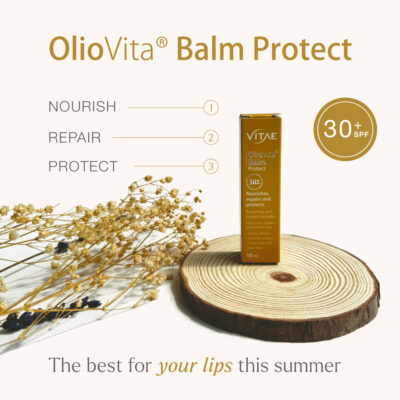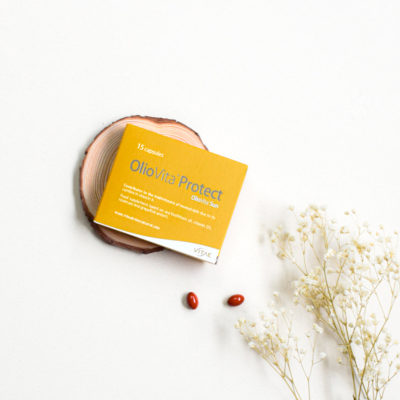The sun and, especially, the summer months have many positive things; the days are longer and brighter, the weather allows us to spend more hours in the street and, in general, we find ourselves happier and more relaxed. It also has very positive effects on our body, vitamin D being very necessary for bone density, for the proper functioning of the immune system and even for the prevention of certain cardiovascular diseases, as well as states of sadness or decay. Despite all these benefits, the sun can have a very negative impact on our health, starting with photoaging or premature aging of the skin, sun spots, sunburn, wrinkles and ending in much more serious things such as melanoma.
Although a few years ago we have become very aware of the negative aspects of the sun, we still do not fully understand the importance of protecting ourselves properly, not only when we are directly exposed but during the 365 days of the year.
Another important issue that we must take into account is that the sun’s rays not only affect the outer layers of the skin, but also the deeper ones. We are talking about cell damage or oxidative stress.
So what’s the problem with sunscreen?
A topical sunscreen is a phenomenal tool that we should not stop using, but the ideal situation is that we complement it with an oral sunscreen as well.
We must bear in mind that, generally, we do not properly apply sunscreen over the body and we also forget to reapply it every 2 hours. A large part of the population only protects themselves when they are explicitly exposing themselves to the sun, that is, when they go to the beach or the pool. The effectiveness of our sunscreen can be affected by sweat, water or friction. Finally, even applying topical protection we can neutralize about 55% of free radicals, but the rest will continue to damage our cells.
Oral photoprotection
Oral photoprotection is a type of skin protection against UV radiation. These are substances ingested orally that provide you with a “healthier” tan, reducing the risks that the sun’s rays entail. Oral sunscreens usually have two different fields of actions:
- Provides antioxidant
- Anti-inflammatory action
Oral photoprotection is increasingly recommended by dermatologists, especially in patients with phototype 1 skin (the most sensitive).
Properties of oral photoprotection
- Avoid sunburn
- Avoid photoaging
- Prevent sun allergy
- Avoid sun spots
- Provides a more beautiful and long-lasting tan
- Repairs cell DNA damage
- Activates melanocyte -generating cells
Discover our oral sunscreen OlioVita Protect, based on sea buckthorn oil, grapefruit and rosemary polyphenols and vitamin D and remember, enjoy the sun in a healthy way!






